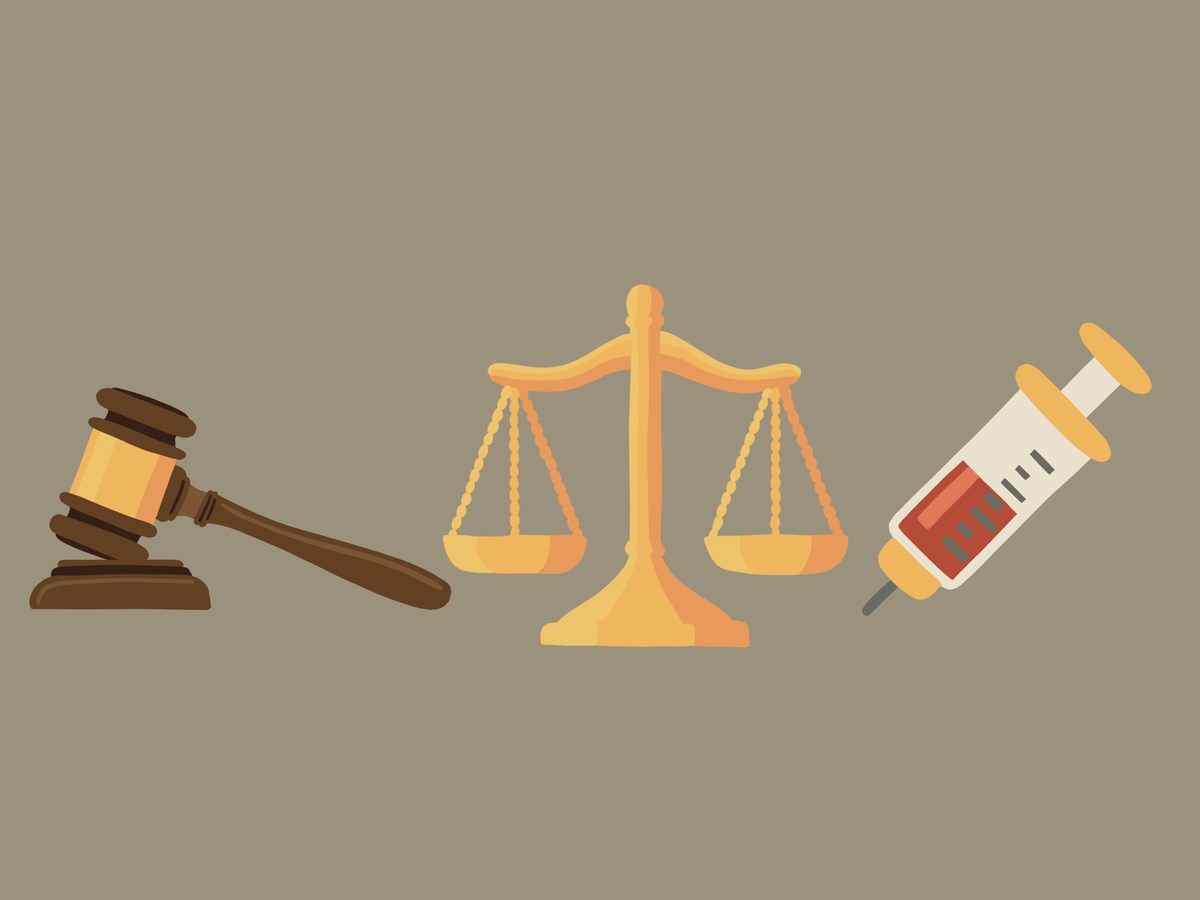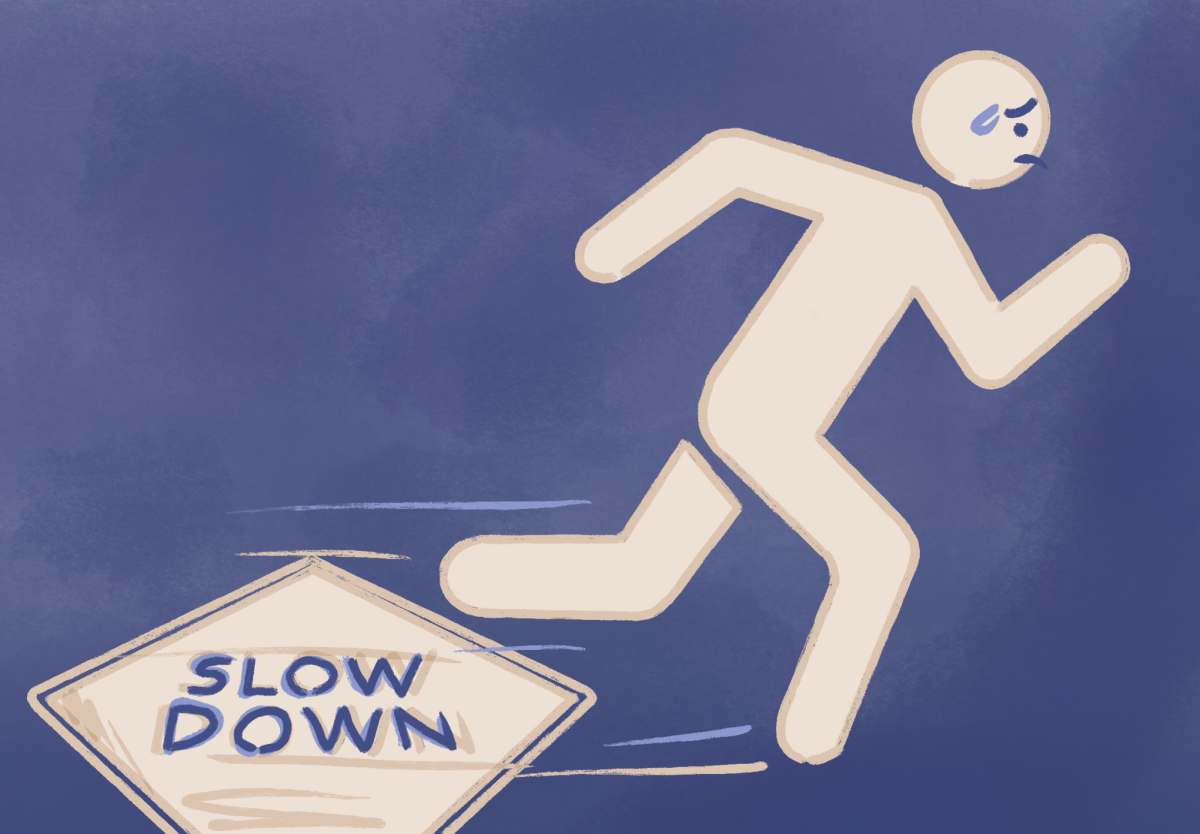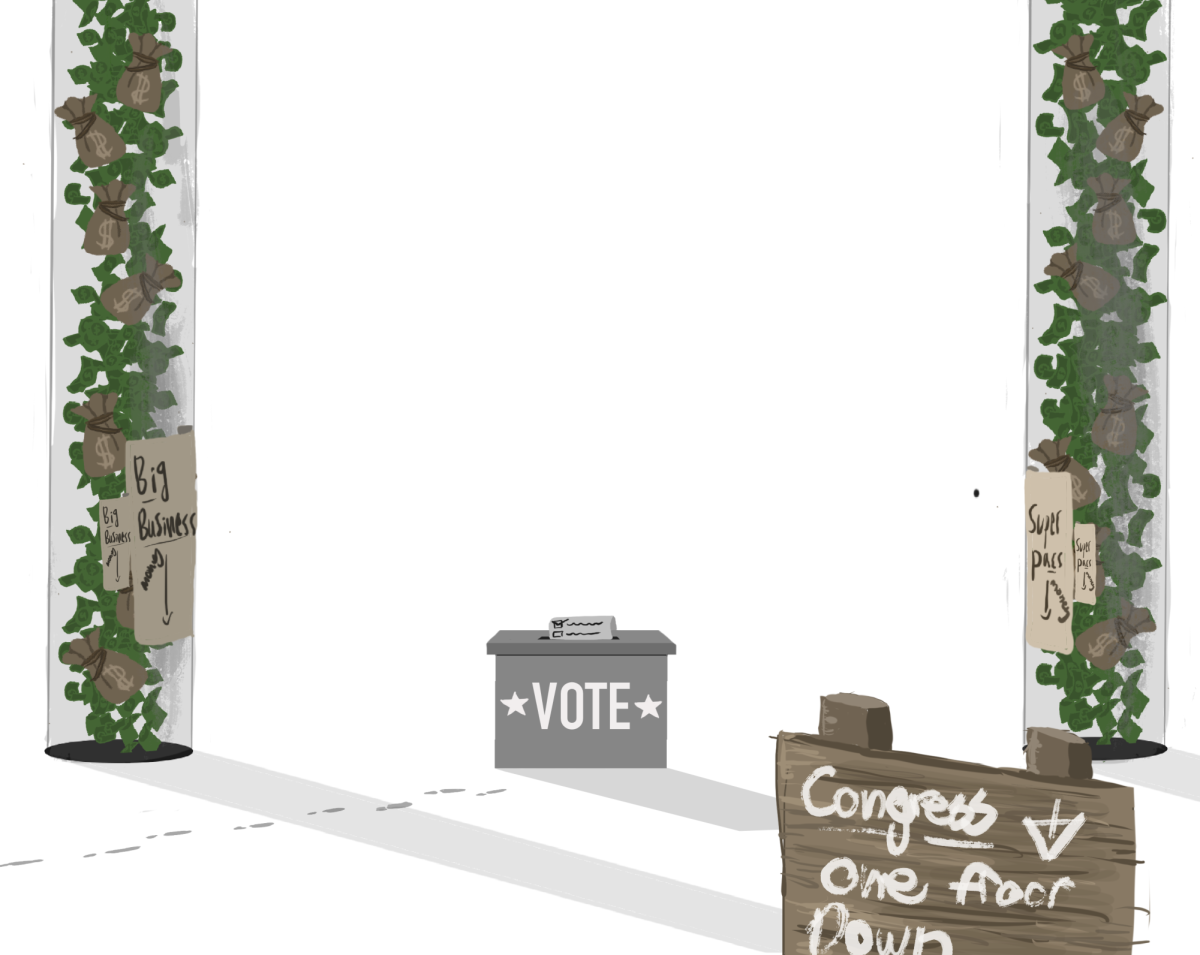The death penalty has been a widespread practice since the earliest days of recorded history, and while it has gotten significantly more ethical in the way it is carried out, it still is widely debated whether killing another human being as a form of punishment is ethical.
The death sentence is considered to be the most severe form of punishment in the United States, and involves sentencing a prisoner to a special area of a prison known as death row, where they are held until their scheduled date of execution.
Putting aside crime and punishment, at its core, execution is the ending of someone’s life. Put simply, there just isn’t a crime great enough that should demand this level of punishment, and for the prisoner, the mental effects of waiting for their execution are harrowing.
Lethal injection is the process of injecting several drugs into a person’s direct bloodstream with the purpose of stopping their heart. The practice has been in place since 1970, and came to full use in 1977.
The current execution method is extremely unreliable with a botched execution rate of nearly one in three in 2022. Alabama has the worst rate by far, botching three executions within the last year and rarely — if ever — calling off executions even if the first attempt fails.
However, instead of abolishing the death penalty, Alabama is devising new methods of execution that happen to be even worse.
One of these new methods utilizes nitrogen gas, otherwise known as nitrogen hypoxia, which involves placing a gas mask on the prisoner connected to a tank of nitrogen. The idea is then that the gas is breathed instead of oxygen. This method has been used before for euthanizing animals, but was actually declared inhumane for the euthanization of animals.
So that begs the question: why on earth would we do this to humans?
A current death row prisoner by the name of Kenneth Eugene Smith has been designated as the test subject for this new execution method, a test subject who has had his execution botched once before. It is saddening to imagine what Smith and his family are going through, being the test subject for an experimental method of executing someone.
It’s this sort of disgusting act that shows why the death penalty should be abolished altogether.
“Pure nitrogen, when inhaled, will not get you high,” said Joel Zivot, who is a physician in anesthesiology and intensive care medicine. “It is the gaseous canister version of a knee on the neck.”
However, with no evidence to back up their claim that their method is completely humane, Alabama has still decided to proceed with testing this on someone.
Alabama’s reason for this supposed testing is their belief that nitrogen testing is more ethical than lethal injection, with a greatly reduced failure rate. However, this is only speculation.
“This is a vague, sloppy, dangerous, and unjustifiably deficient protocol made all the more incomprehensible by heavy redaction in the most important places,” said Deborah Denno, an expert on the death penalty at Fordham Law School.
The Eighth Amendment of the United States Constitution states that “excessive bail shall not be required, nor excessive fines imposed, nor cruel and unusual punishments inflicted.” It is a firm belief of many organizations that this is in violation of these guidelines.
It is clear that the use of nitrogen gas to suffocate a person falls under cruel and unusual treatment. Not only has this never been used on humans before, but it also, as previously stated, was declared inhumane for the euthanization of animals.
If we continue mindlessly developing new methods of execution instead of working to outlaw the death penalty completely, we are moving backwards on the justice spectrum, not forwards.
It’s also important to mention that the justice system in the United States is not flawless, because not every person convicted to death row is guilty. The percentage of death row inmates who are innocent may be as high as 4%.
As execution remains a form of punishment, multiple organizations — as well as the general public — are rising up against this practice, and exposing the obvious flaws in the capital punishment system as a whole.








